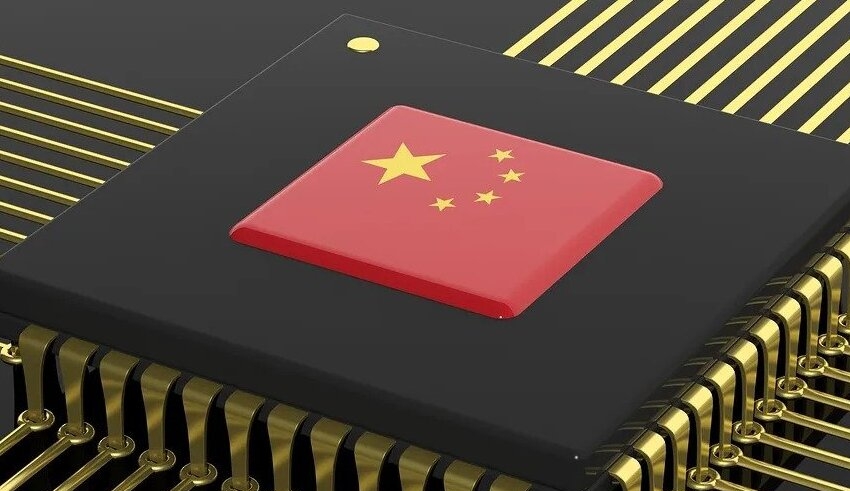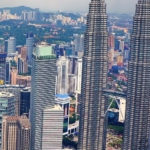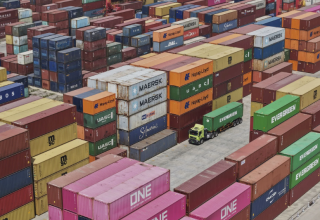
The Financial Times reported on Wednesday, December 14 that Chinese tech giant Alibaba Group Holding Ltd cannot purchase some of the most advanced chip designs after SoftBank-owned British chip tech firm Arm Ltd determined that the United States and the United Kingdom would not approve export licenses to China.
This is the first time that Arm has determined it cannot export its most cutting-edge designs to China, according to a report citing sources with knowledge of the situation.
According to the article, the British chip technology company determined that the US and UK would not allow the sale of its latest Neoverse V series because the performance was too high.
Alibaba and Arm did not answer to Reuters’ request for comment immediately.
Two months ago, the United States issued a wide set of export regulations, including a move to cut China off from specific semiconductor chips created anywhere in the world with US equipment, substantially increasing its reach to limit Beijing’s technological and military advancements.
Keep Reading
Bloomberg News reported on Tuesday that the Biden administration intends to place Chinese chip manufacturer Yangtze Memory Technologies and 35 other Chinese companies on a trade blacklist that would ban them from purchasing certain American components.
Arm introduced Neoverse V2, the latest version of its data center semiconductor technology, early this year to accommodate the exponential rise of data from 5G and internet-connected devices.
In the past year, Arm has produced numerous new core designs, including Neoverse N2, Neoverse V1, and Neoverse V2, with the latter being the highest-performing cores to date, according to the research.
Chinese companies have been prevented from purchasing Neoverse V2 and its previous generation V1 due to U.S. and U.K. export controls connected to technologies listed under Wassenaar, an agreement that limits the movement of “dual-use” technologies sought for both peaceful and military purposes, the Financial Times reported, citing people briefed on the rationale for the move.


























